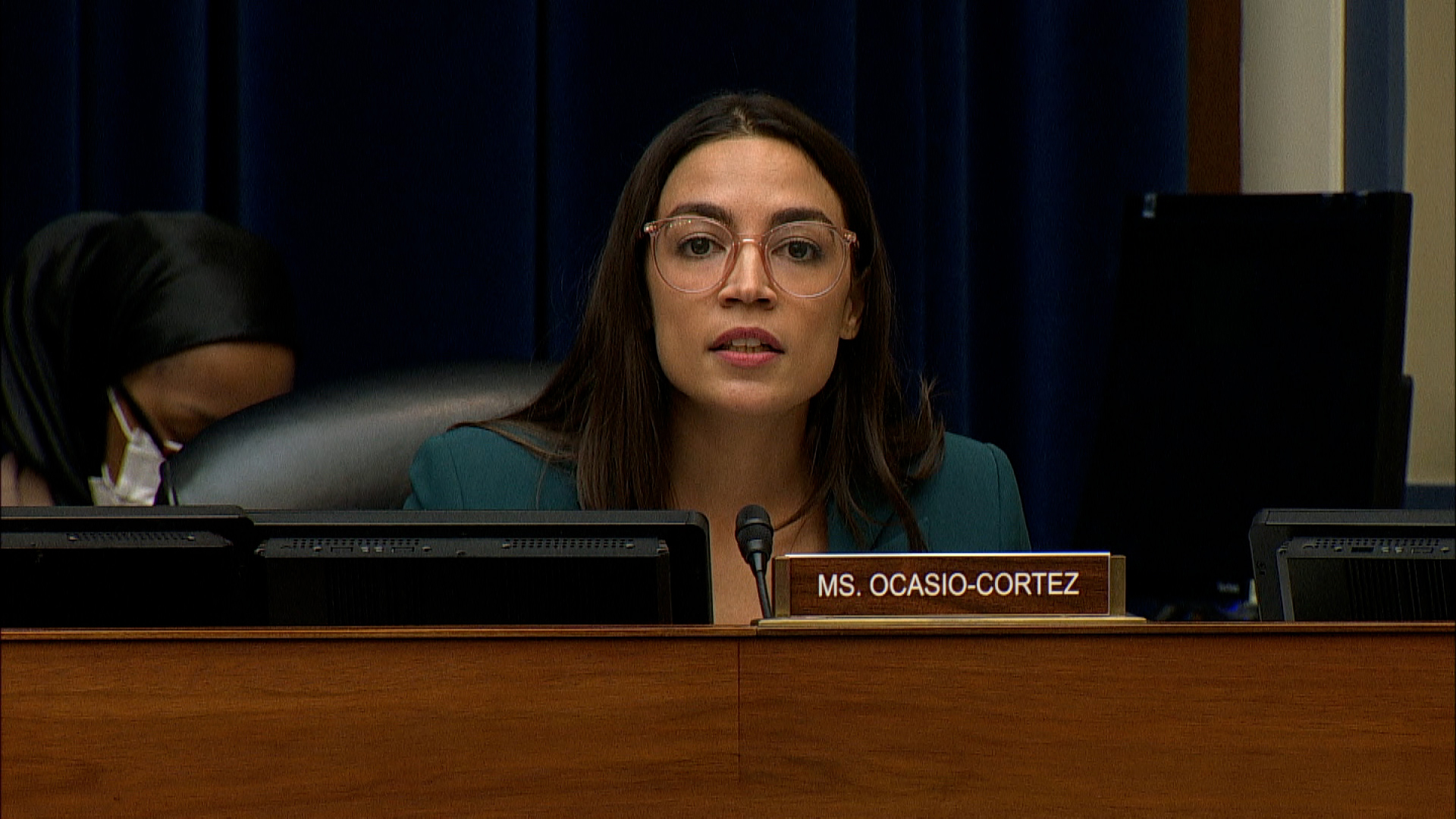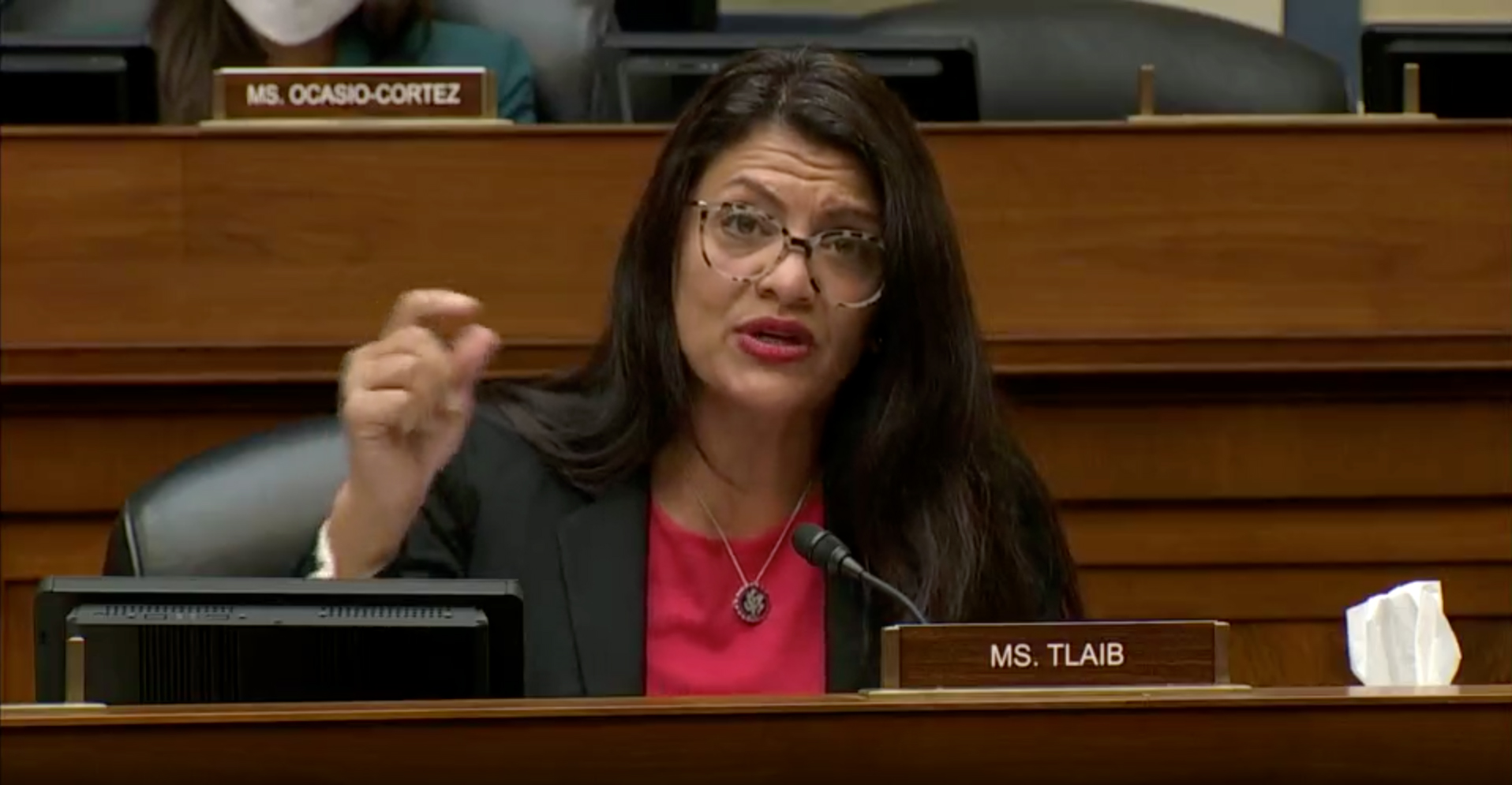House Oversight Committee Chair Carolyn Maloney, a Democrat from New York, announced at the end of Thursday’s hearing that she plans to subpoena oil companies and trade groups for key documents related to their conduct around the climate crisis.
“We are at code red for climate and I committed to doing everything I can to help rescue this planet and save it for our children,” Maloney said during her closing remarks. “We need to get to the bottom of the oil industry’s disinformation campaign and with these subpoenas we will.”
The New York Democrat said she sees “no choice” but to continue the investigation and issue subpoenas because the companies and entities have not disclosed the documents requested voluntarily.
“Unfortunately, none of the six entities have produced a substantial portion of the key documents the committee requested,” Maloney said. “Instead, they produced reams of other documents, many of which were publicly available.”
The six entities that voluntarily appeared at the hearing were: ExxonMobil, BP America, Chevron, Shell Oil, the American Petroleum Institute and the US Chamber of Commerce.
Specifically, Maloney said the oil companies have not produced “detailed funding information” the lawmakers requested to understand their “payments to shadow groups,” public relations firms and others.
Other documents requested include corporate strategies around climate change and internal documents and communications from senior executives about their companies’ role in the climate crisis.
“I have tried very hard to obtain this information voluntarily, but the oil companies employ the same tactics they used for decades on climate policy: delay and obstruction,” Maloney said.








